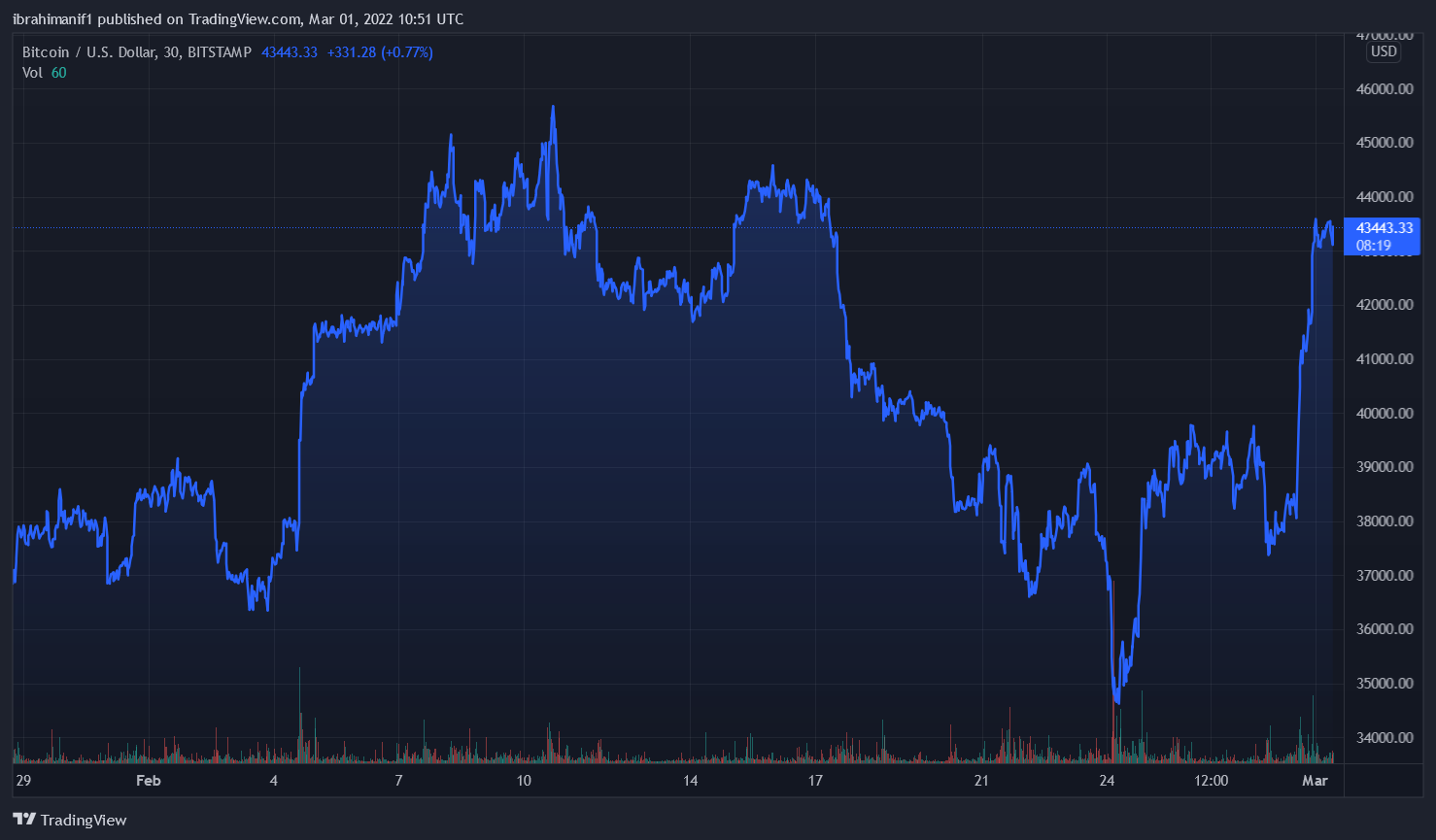
New Research Project ‘BitCluster’ Tracks Sloppy Bitcoin Usage
A new open source Python-based tool called BitCluster may soon make it harder for Bitcoin users to stay anonymous. Motherboard recently talked with the two creators of the project, David Décary-Hétu and Mathieu Lavoie, who say the platform isn’t meant to help the authorities or those committing crimes. BitCluster Can Find the BTC Transaction Source.....
Related News
Matthew Hancock, the cabinet minister in Her Majesty's government has proposed the use of blockchain technology for disbursing research grants. Bitcoin’s underlying blockchain technology offers a transparent and secure way to store and retrieve information. Britain is looking forward to utilizing this feature to account for and track the expenditure of tax payer’s money given out in the form of research grants to universities and research institutions. Recently, the minister for Cabinet Office and paymaster general Matthew Hancock has reportedly brought up the possibility of using....
In what is probably the institution’s broadest effort in the Bitcoin space to date, the American National Science Foundation (NSF) has awarded a three year grant worth US$3 million for research on the science and applications of cryptocurrency. The research project is led by Cornell University's Elaine Shi, and includes faculty members from Cornell, the University of Maryland, and UC Berkeley, hence combining crypto researchers with programming languages researchers and system builders. “Unfortunately, usage of crypto-currencies outstrips our understanding. […] This work aims to establish....
The Cambridge Centre for Alternative Finance (CCAF) at Cambridge Judge Business School announced the beginning of the Cambridge Digital Assets Programme today (CDAP). CDAP is a research project aimed at understanding the evolution of digital assets and value transfer systems. Cambridge Research For Crypto The University of Cambridge is launching a new project aimed at […]
With cryptocurrency developments gaining stronger interest these days, several universities have decided to pursue studies in the field and even offer grants for research purposes. The University of Maryland recently opened a cryptocurrency research grant with nearly $2 million in funding. At present, the University of Maryland is already offering a course on cryptography, taught by Professor Jonathan Katz. Katz earned his Master of Philosophy in Computer Science at Columbia in 2001, and worked as a Research Fellow at UCLA's Institute for Pure and Applied Mathematics in 2006.....
The SWIFT Institute has announced it is launching a new research programme on digital currencies, with a €15,000 grant on offer for the author of the winning proposal. The institute is looking for research on recent developments in digital currencies and cryptocurrencies, but places an emphasis on bitcoin, which it describes as “arguably the most popular” digital currency. “With bitcoin’s increasing usage, virtual currencies are becoming more of a reality. There are bitcoin ATMs in more than 10 countries worldwide, and the currency is increasingly accepted by mainstream retailers,” the....





